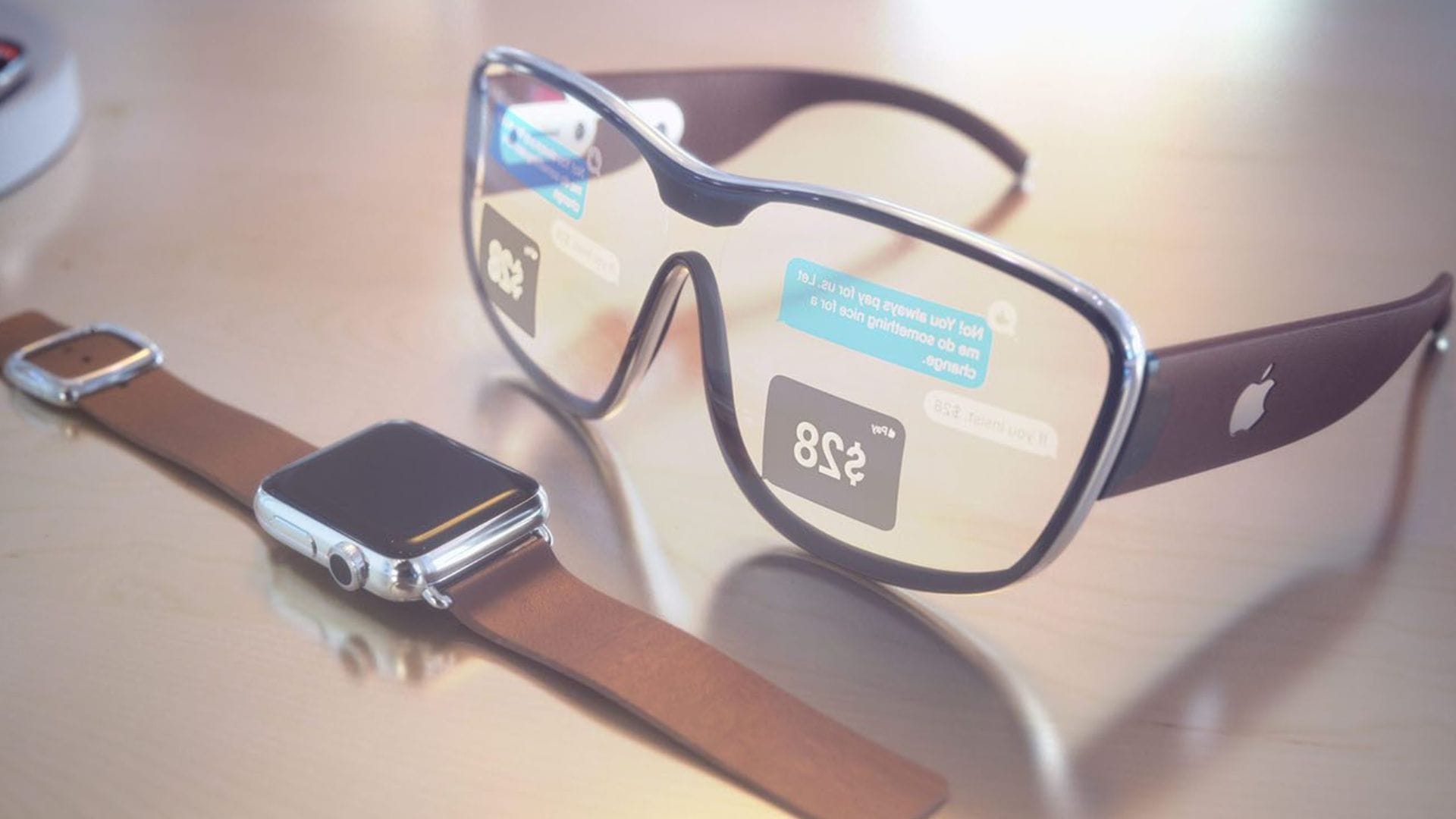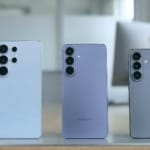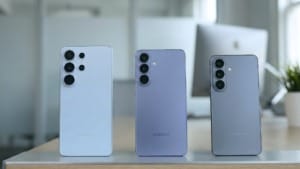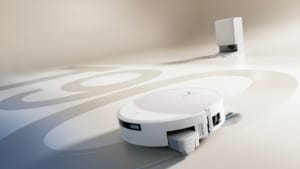Apple is expected to launch microLED AR glasses and the Apple Watch Ultra by 2026
Apple is rumoured to introduce microLED displays in AR glasses and the Apple Watch Ultra by 2026, despite earlier challenges.

In recent developments, Apple is rumoured to be planning the integration of microLED display technology into its AR glasses and the Apple Watch Ultra by 2026. Despite reports earlier this year suggesting that the microLED Apple Watch Ultra project had been cancelled, new information indicates the company hasn’t abandoned its plans entirely.
Table Of Content
MicroLED for AR glasses in 2026
Apple has not given up on Micro LED technology.
— Jukanlosreve (@Jukanlosreve) October 5, 2024
1. They are preparing Micro LED for AR glasses, with mass production expected in 2026.
2. The plan to include Micro LED in the Apple Watch Ultra is also still in place, with a target launch in 2026.
According to a post by tipster @Jukanlosreve on X, Apple is actively working to incorporate microLED displays into its AR glasses. Mass production of the new AR glasses featuring this cutting-edge display technology is expected to begin in 2026. However, this timeline has some scepticism, as Bloomberg recently reported that Apple’s AR glasses are still in the experimental stage. The development process could take several more years before the product is ready for consumers.
AR glasses have been a much-anticipated addition to Apple’s expanding product lineup, but the technology involved presents significant challenges. Incorporating microLED would offer several advantages, including improved brightness, better energy efficiency, and a longer display lifespan. Yet, the complexities of developing such a device suggest that a release date may still be some way off.
Apple Watch Ultra microLED project is still alive
@Jukanlosreve also mentioned that Apple’s microLED Apple Watch Ultra project, which was reportedly cancelled due to high manufacturing costs, is still under development. This watch, originally expected to lead the way for microLED technology in Apple’s wearable devices, now has a potential debut scheduled for 2026.
While the microLED displays offer superior visual quality compared to existing OLED displays, they also pose significant manufacturing challenges. Apple had previously faced difficulties with the cost of producing these displays, which contributed to the reported project cancellation. Despite this, Apple continues to work on overcoming these hurdles and bringing microLED to the Apple Watch Ultra.
Compensation claims from suppliers
In the meantime, Apple’s decision to halt the microLED Apple Watch Ultra project has reportedly led to a compensation request from LG Display, one of the major suppliers involved. Two other suppliers, Ams Osram and Kulicke & Soffa, could follow suit and seek compensation for their involvement in the development of the microLED technology.
Bloomberg has confirmed that Apple is still investing heavily in microLED technology for future products. The company has kept pursuing its long-term goal of bringing this advanced display technology to its devices. Introducing microLED displays in the Apple Watch Ultra and AR glasses could mark a significant leap forward for Apple, offering consumers even better visuals and performance in their future gadgets.
As always, the company remains tight-lipped with Apple’s technology developments, so the timeline for these releases may shift. However, the 2026 target gives insight into the tech giant’s plans.
















